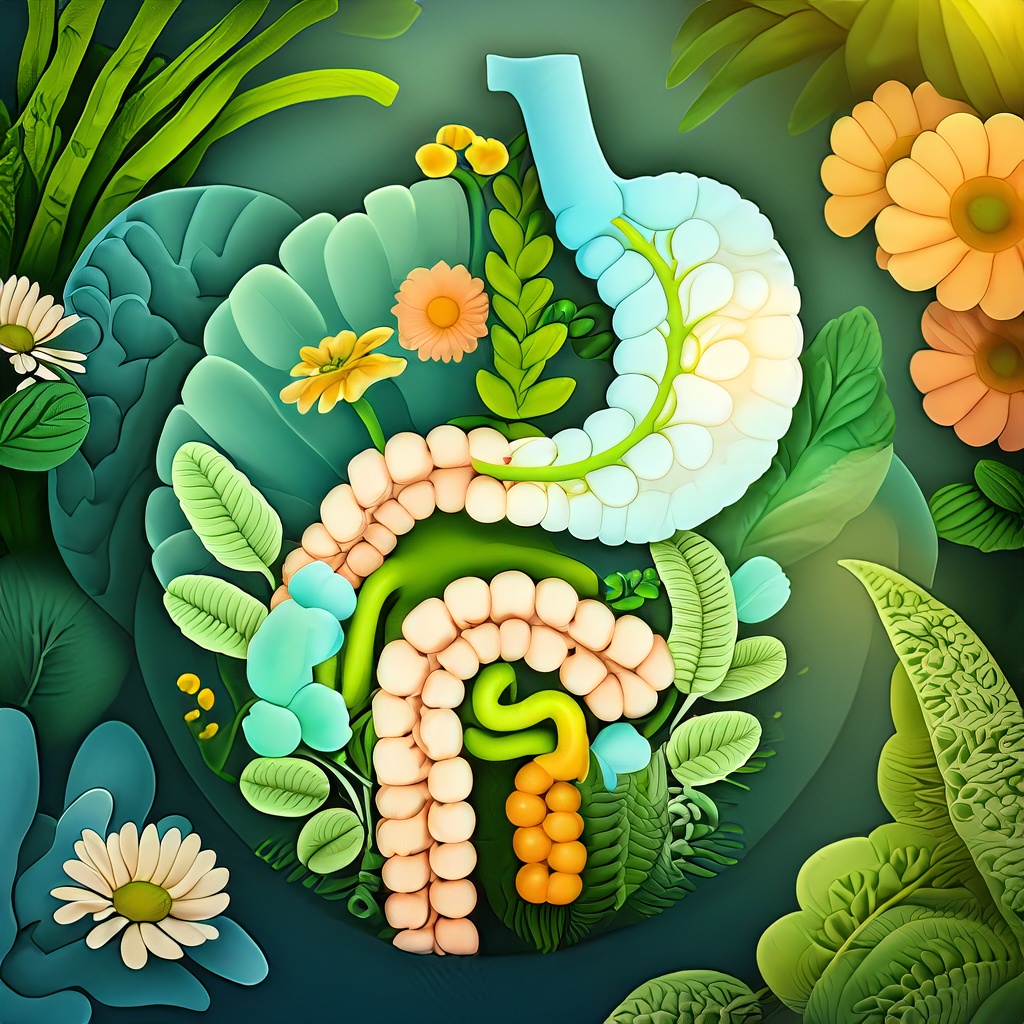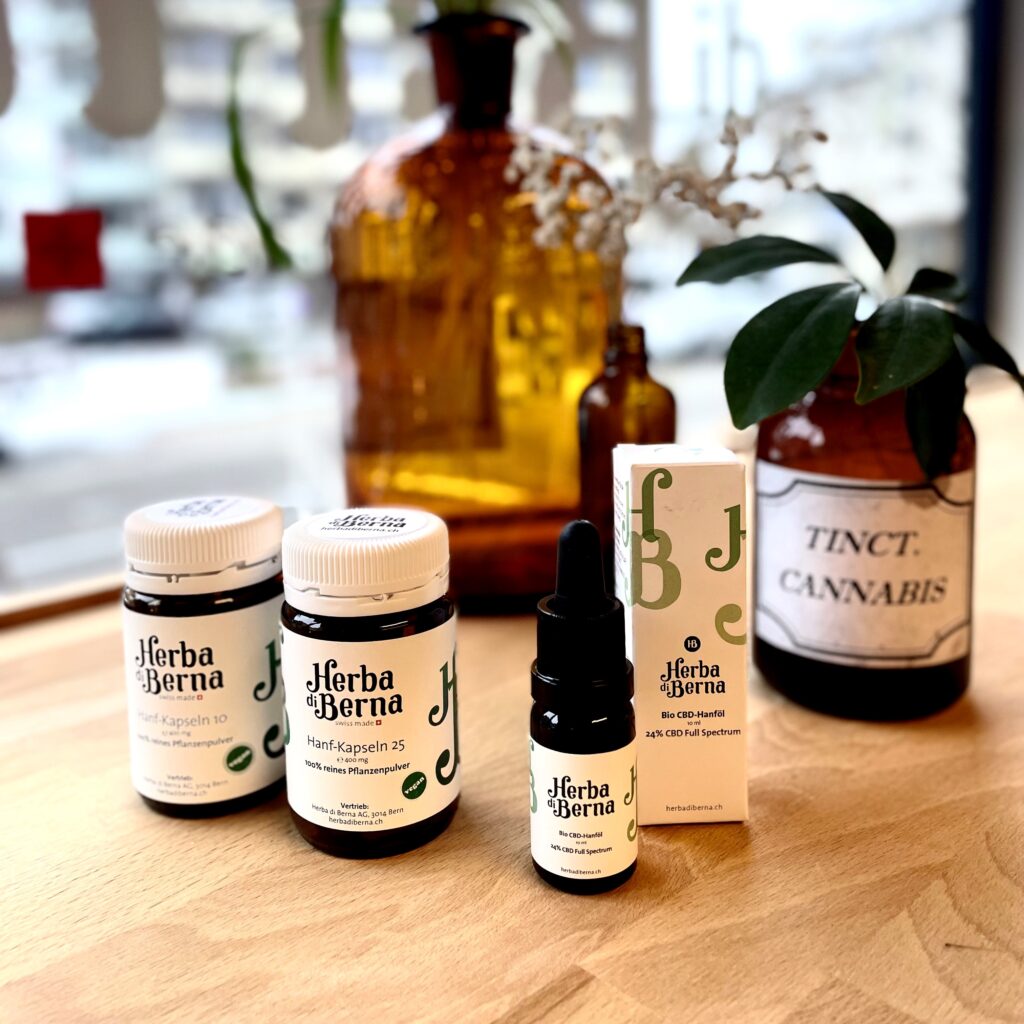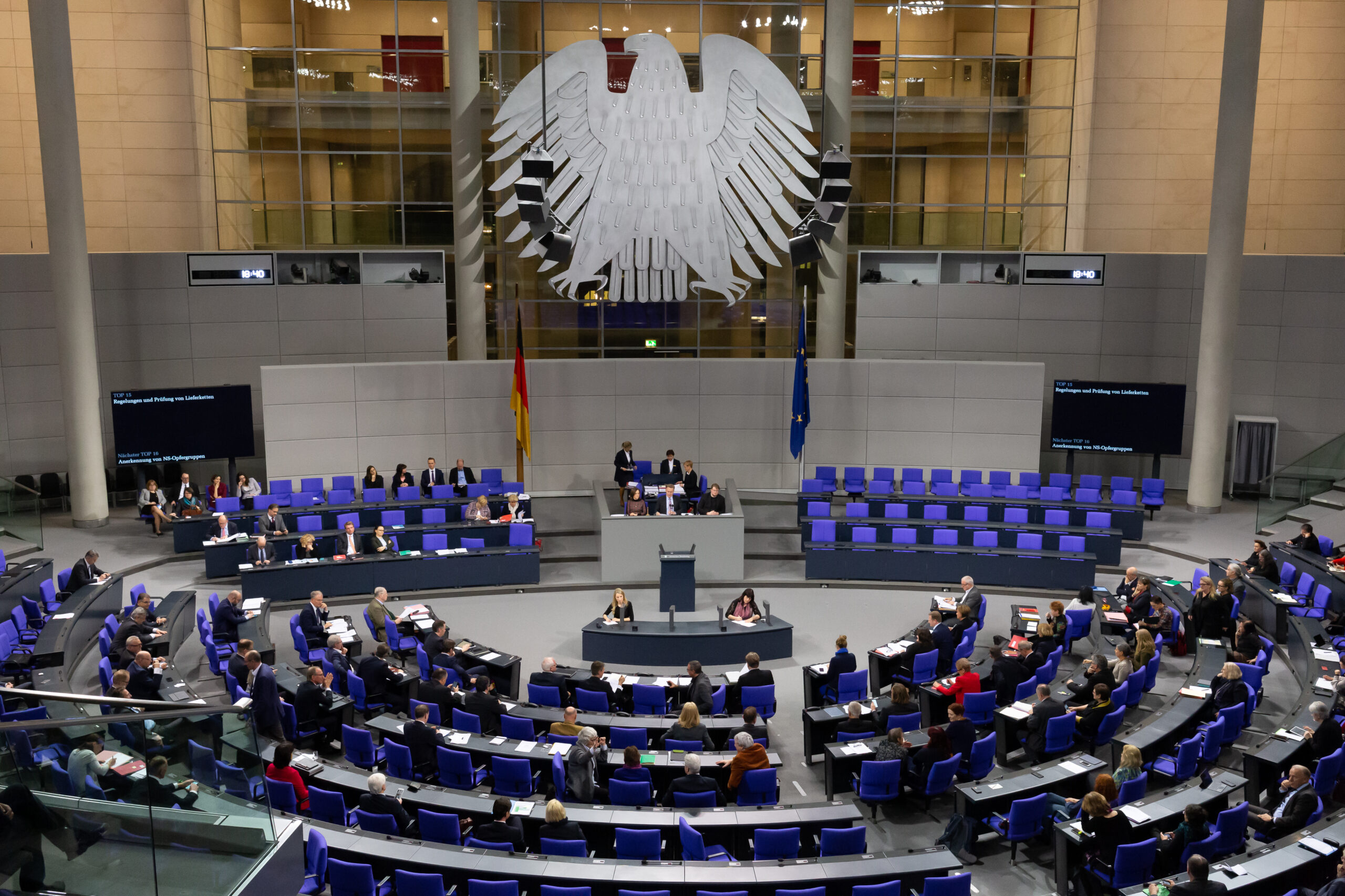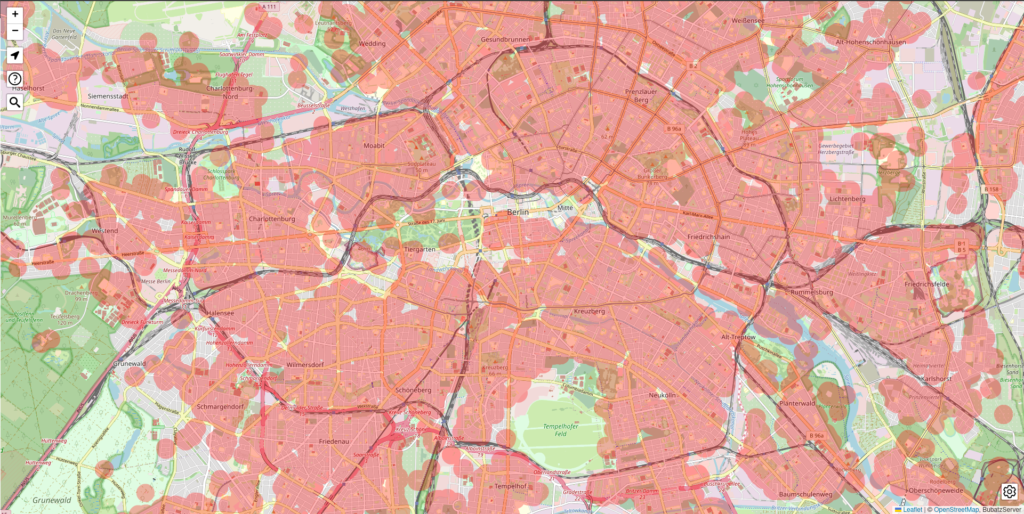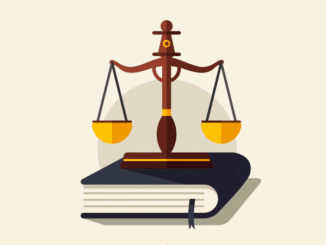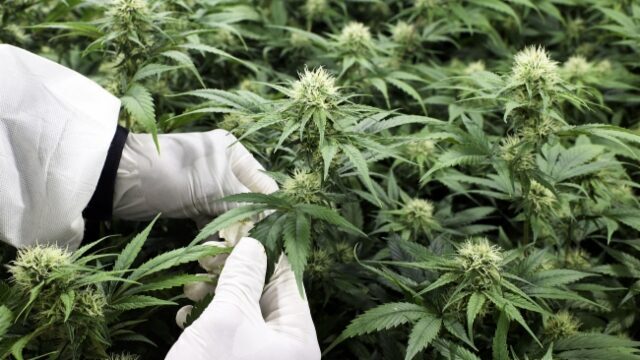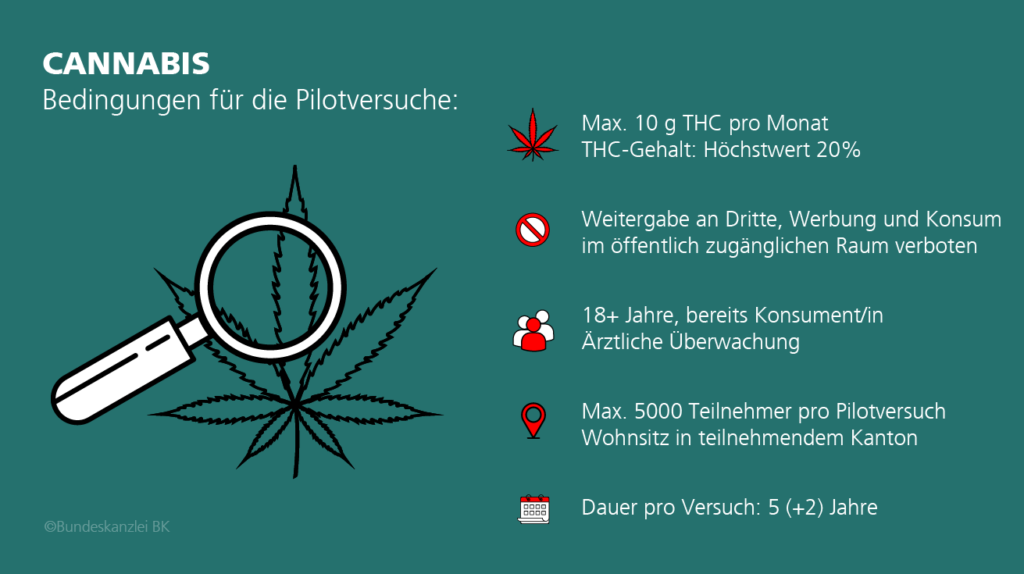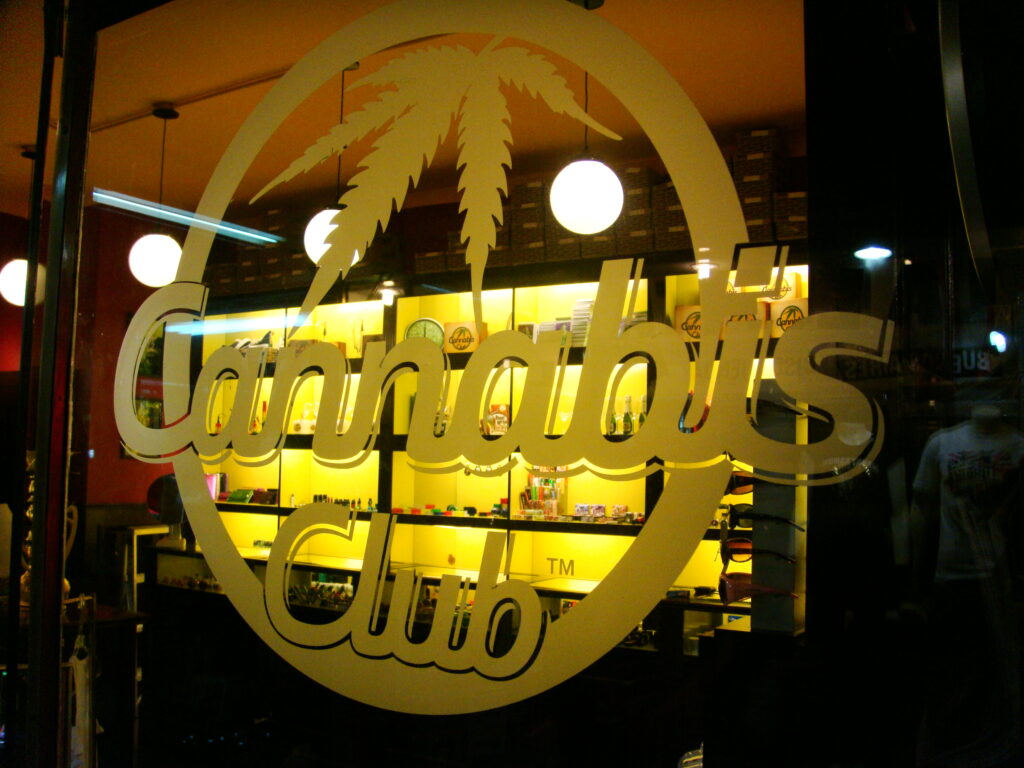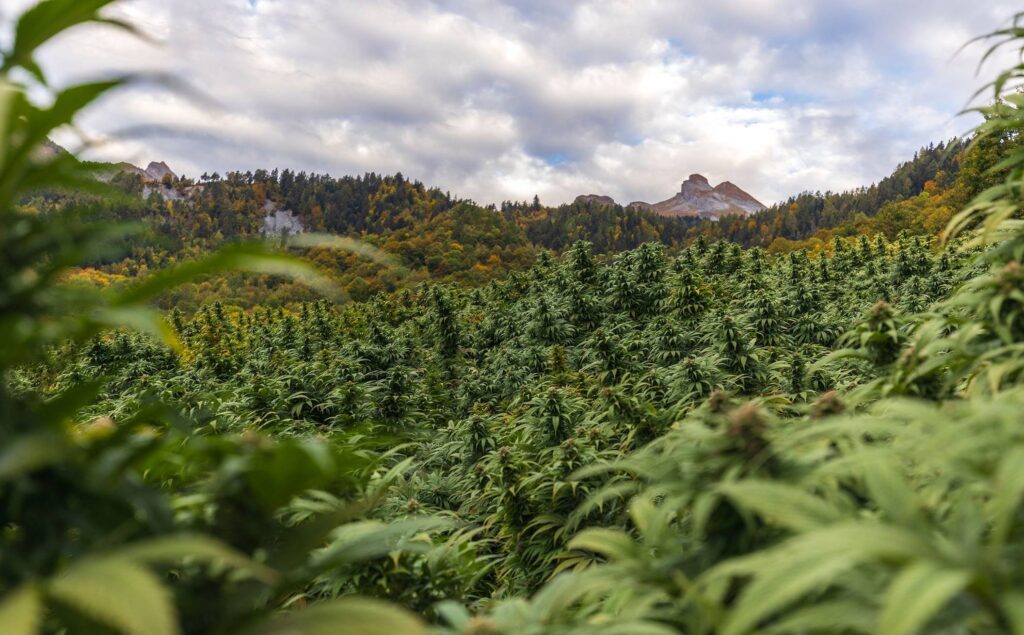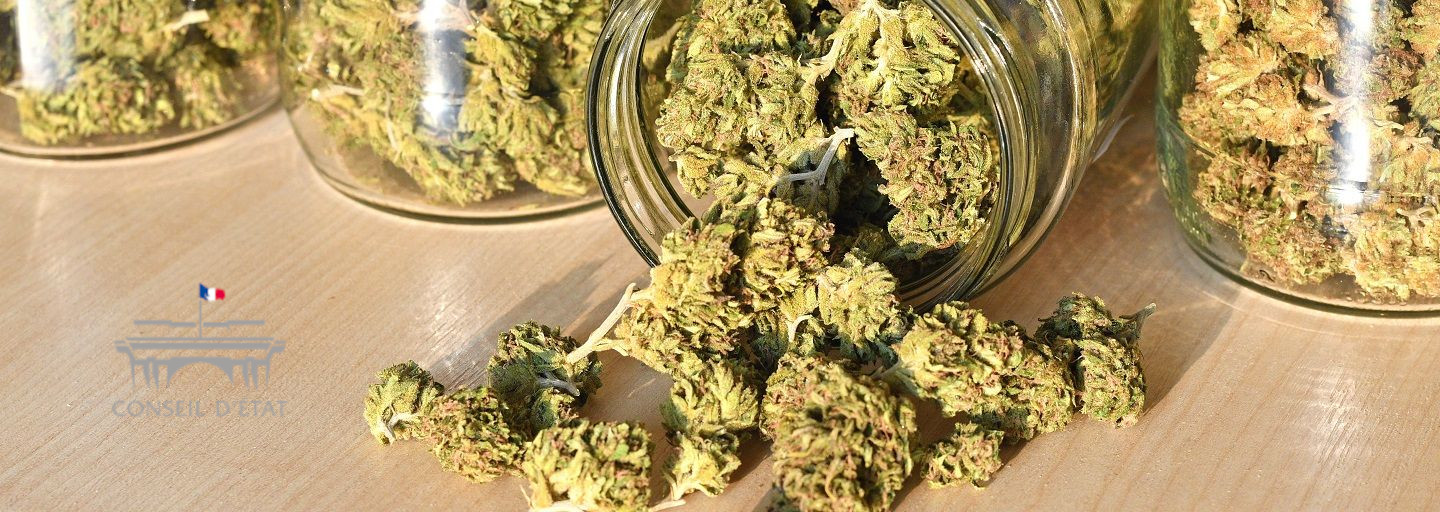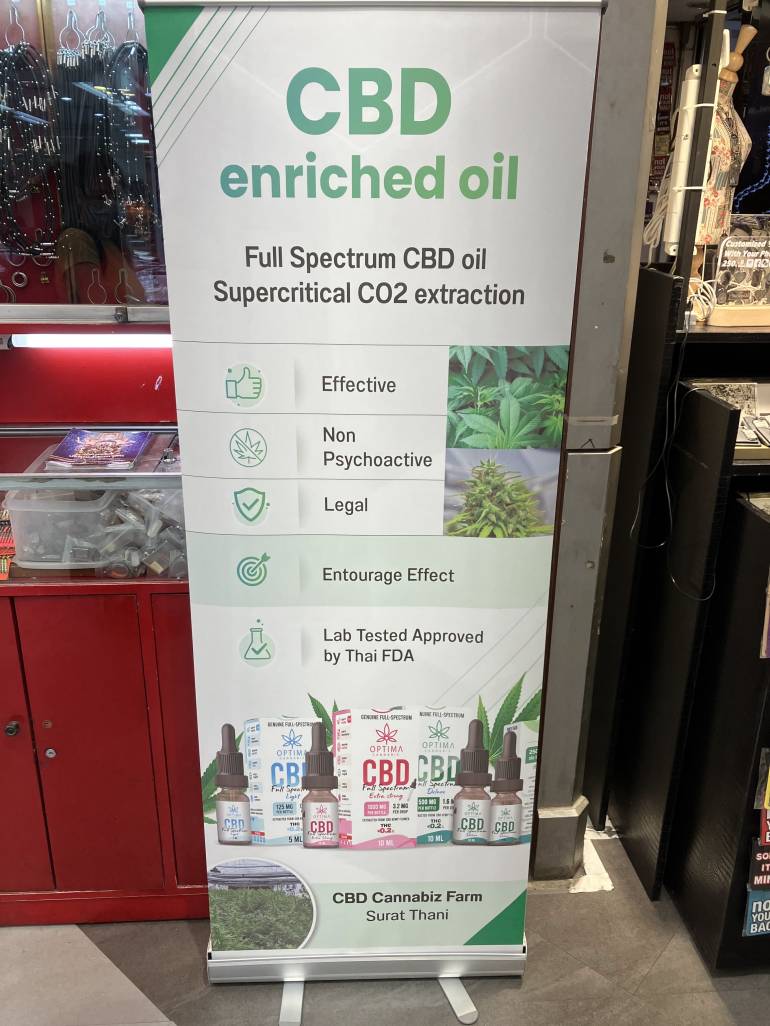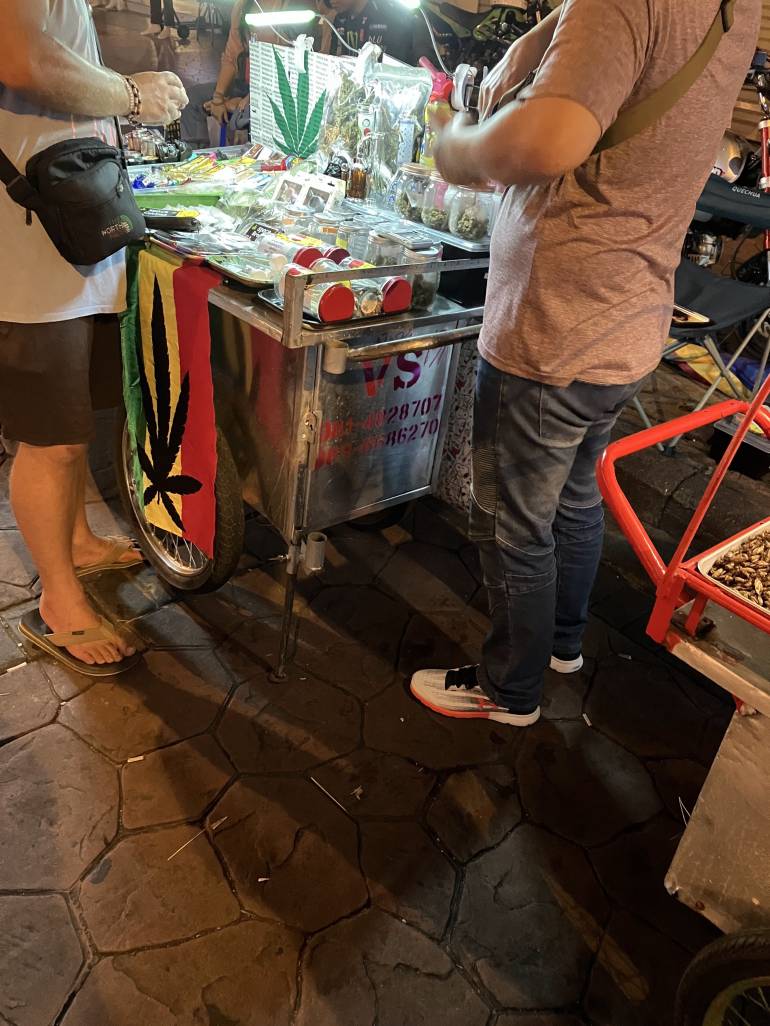
The top 25 countries with the highest cannabis consumption
Cannabis – a topic that is often surrounded by controversy. While it still falls under strict and one-sided laws and regulations in most countries around the world, the enormous spread of cannabis use shows that its popularity, despite the laws, is and remains unbroken.
For us as a Bern CBD company, there is no doubt that it is not just about consumption and intoxication, but also about an attitude to life, the community, a statement for less pressure to perform and more quality of life in our society. We see our attachment to mankind’s oldest cultivated plant as a form of social expression.
Europe alone is home to over 22 million cannabis users, and the legalization situation often seems to have no influence on the extent of consumption. Some countries that impose draconian penalties even have a higher prevalence of cannabis use than those in which the drug has already been legalized.
In a recently published ranking, the countries with the highest cannabis consumption were identified. The data comes from various sources, including the UNODC World Drug Report and local surveys. Let’s take a look at the top 25:
25th place – North Macedonia: North Macedonia legalized medical cannabis in 2016. Despite 60+ licenses, recreational use remains illegal. Cannabis consumption rate: 6.6%.
24th place – Belgium: Recreational use illegal, but possession of small amounts decriminalized. Discussions on the modernization of cannabis policy. Cannabis consumption rate: 7%.
23rd place – Germany: Plans decriminalization and allows private cultivation. Hamburg has high cannabis consumption worldwide. Cannabis consumption rate: 7.09%.
22nd place – Ireland: recreational use illegal, medical use possible. High cannabis consumption rate, 7.1%.
21st place – Liberia: Illegal cultivation and sale, but widespread. Popular drug among young people, 7.52% consumption rate.
20th place – Switzerland: Decades after the introduction of prescription heroin and safe injection sites, Switzerland is now experimenting with the decriminalization of cannabis for recreational use. The federal government has authorized slow and steady steps to monitor the population’s reaction. Over the next ten years, attempts at decriminalization will be made, similar to the gradual approach before the introduction of prescription heroin in the 1990s. The annual prevalence of cannabis use in Switzerland is currently 7.7 percent.
19th place – Argentina: Decriminalization of small quantities, medical use legalized. Cannabis consumption rate: 8.13%.
18th place – Finland: High consumption, especially among adults. Helsinki has expensive weed, 8.2% consumption rate.
17th place – Croatia: The most popular drug is cannabis, followed by cocaine. Zagreb has high cannabis consumption. Consumption rate: 10.2%.
16th place – Italy: Medical use legal, recreational use decriminalized. Rome has high cannabis consumption. Consumption rate: 10.21%.
15th place – Netherlands: Coffeeshops since 1976, but Amsterdam is retreating. High consumption rate, 10.4%.
14th place – Monaco: Strict laws, but frequent non-enforcement. Proud consumption rate, 10.47%.
13th place – Morocco: Legalized for medical and industrial purposes. Strong in exports, high consumption rate, 10.47%.
12th place – Spain: Cannabis clubs in a gray area, Madrid has cheap weed. Consumption rate: 10.5%.
11th place – Nigeria: cultivation and export, high consumption rate. Popular drug in Africa, 10.76%.
10th place – France: Frequent consumption among older people, declining among younger people. High consumption rate, 11%.
9th place – Czech Republic: Preparing for the legal market. Consumption rate: 11.1%.
8th place – Australia: Growth in the legal industry, high consumption rate, 11.6%.
7th place – Chile: cultivation on the rise, high per capita consumption. Consumption rate: 12.05%.
6th place – Israel: Socially tolerated, widespread medical use. Consumption rate: 14%.
5th place – Uruguay: First country in modern times to legalize. High consumption rate, 14.6%.
4th place – New Zealand: half of the population has tried it, many regular consumers. Consumption rate: 15.3%.
3rd place – Jamaica: Deeply rooted in culture, medical cannabis legalized. High consumption rate, 18%.
2nd place – Canada: Legalized in 2018, steady growth of the industry. High consumption rate, 20.7%.
1st place – United States of America: Legal in many states, billion-dollar market. Highest consumption rate, 22.8%.
Our conclusion: Herba di Berna welcomes the current developments in Switzerland to decriminalize cannabis for recreational use. As a CBD company from Bern, we share the desire that the oldest cultivated plant should finally be brought out of criminalization. The approved trials over the next ten years reflect a sensible and gradual approach, similar to the successful implementation of safe injection sites and the introduction of prescription heroin in the 1990s. With a current annual prevalence of cannabis use of 7.7 percent, there is already a relevant need and acceptance among the Swiss population. We are optimistic that these developments can lead to a responsible and regulated use of cannabis and actively support these positive steps towards a modern drug policy.
Source: https://www.hanf-magazin.com/allgemeines-zum-thema-hanf/gesellschaft-soziales/high-society-die-top-25-laender-mit-dem-hoechsten-cannabiskonsum/?utm_source=Hanf+magazine&utm_campaign=258f522d4d-HMKW43_COPY_01&utm_medium=email&utm_term=0_3aaaa81d44-258f522d4d-206731114&mc_cid=258f522d4d







